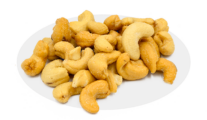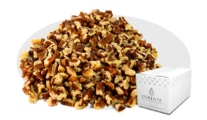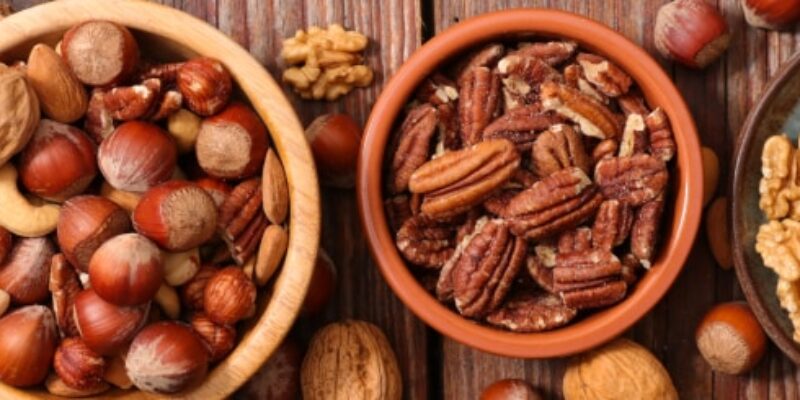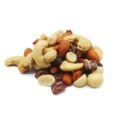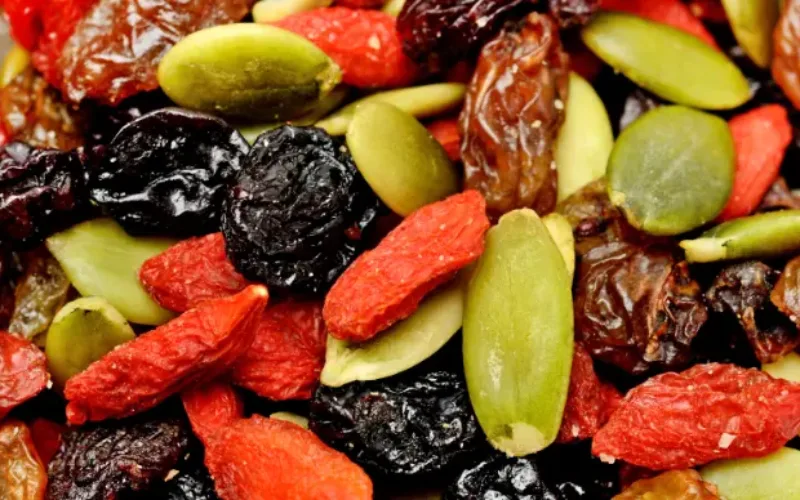Written By Sam Henselijn
Why Diabetics Should Eat More Nuts. Walnuts, pistachios, and almonds are some of the most popular nuts. You’re probably aware that nuts are an important part of a balanced, whole-food diet. However, current evidence suggests that they may be particularly beneficial for persons with Type 2 diabetes. People with Type 2 diabetes who ate nuts had a lower risk of heart disease and death, according to a new study. Diabetics should eat more nuts, we will discuss this topic in the article.
Importance of Nuts, According To Recent Research
Diabetics who consume at least five servings of nuts per week have lower cardiovascular risk factors, according to a recent study. An ounce (28 grams) was the serving size.
16,217 men and women with Type 2 diabetes were enrolled in the trial.
According to the study, people who ate tree nuts, walnuts, almonds, Brazil nuts, hazelnuts, and pistachios had the lowest risk of heart disease and overall death.
Nutritional Powerhouse: Nuts
- Nuts are high in monounsaturated fatty acids, protein, and fiber while also being low in carbs. This implies they help us eat more while keeping our blood sugar levels low.
- When people consume nuts instead of carbohydrate- or fat-rich snack foods when they’re hungry, it helps them maintain a healthy weight.
- Regular nut consumption provides you with such satiety, fullness, and nutrient density that you won’t be looking for other snacks to fill up on, allowing you to better regulate your blood sugars and cholesterol profile.
- Nuts raise good cholesterol while lowering bad cholesterol levels.
Aim for three servings of nuts every week. A serving size is one ounce, or about the size of a palm of your hand.
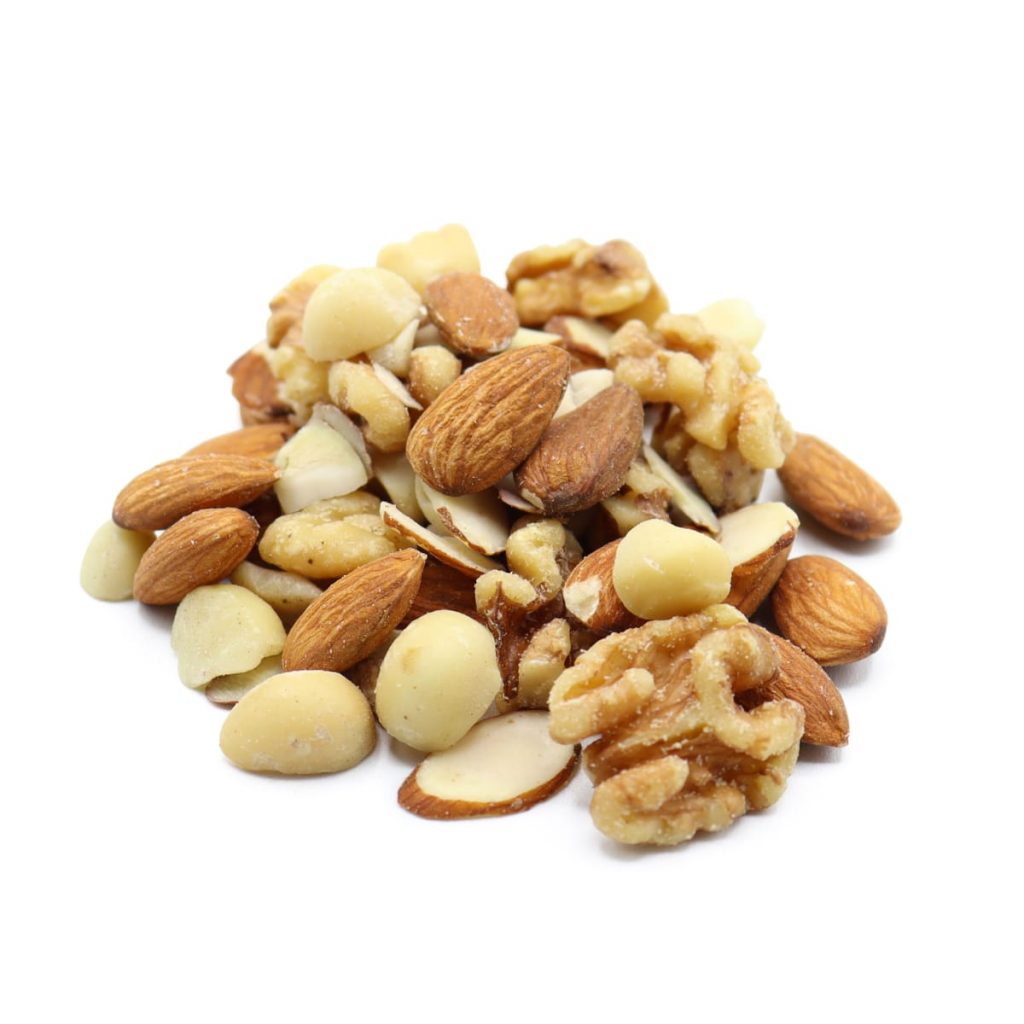
Why Diabetics Should Eat More Nuts
Can diabetics eat groundnuts?
People with diabetes can consume peanuts in moderation since they contain fewer carbs than starches. Any additional fat, salt, or sugar might cause weight loss as well as other issues, including high cholesterol and blood pressure.
Although peanuts may help with diabetes, not all peanut-based meals are beneficial. Peanut butter may contain extra salt, oil, and sugar, while peanut sweets are heavy in sugar.
Trans fats and saturated fats are the most commonly added fats, both of which are more inflammatory and less heart-healthy.
A simple, natural peanut butter with little or no added salt or sugar, on the other hand, could be an excellent complement to breakfast because it helps people feel fuller for longer.
Which are the best nuts for diabetics?
When it comes to a delightful diabetes-friendly snack, nuts are hard to top. Nuts are a great snack meal for diabetics and diabetic should eat more nuts because they’re low in carbs but high in protein, fiber, and healthy fats, as well as providing a feeling of fullness.
Here are five of the healthiest nuts for people with diabetes, generally sorted in order of healthiness:
Walnuts
Walnuts may aid in weight loss by increasing feelings of fullness and decreasing harmful food cravings. They are also high in alpha-lipoic acid (ALA), which may aid in inflammation reduction.
Almonds
Almonds can help people with type 2 diabetes manage their blood sugar levels while also lowering their risk of heart disease. Another reason almonds are a diabetes superfood is this: 1 ounce (about 3 tablespoons) contains 80 milligrams of magnesium, making it a good source of the mineral.
Pistachios
The fiber, protein, and beneficial fats in pistachios help you stay
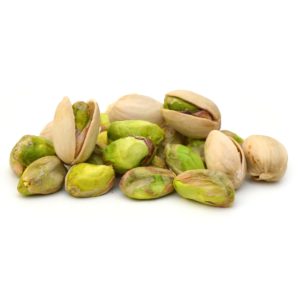
satiated for longer, making them a better choice than carbohydrate-heavy snacks. You can eat them on your own or incorporate them into your meals.
Cashews
Cashews can help reduce the risk of heart disease by improving the ratio of HDL to LDL cholesterol. You can try L’Orenta nuts.
Are cashew nuts good for diabetics?
Yes, cashew nuts are good for diabetes. 300 patients with type 2 diabetes were randomly assigned to either a cashew-enriched diet or a regular diabetic diet.
After 12 weeks, the cashew-rich diet resulted in decreased blood pressure and greater HDL cholesterol levels. Cashews had no negative impacts on blood sugar levels and did not cause weight gain.
Can diabetics eat almonds?
Almonds are a nut that can aid diabetics in a variety of ways.
The addition of almonds to the diets of persons with type 2
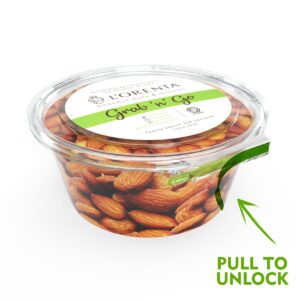
diabetes improved blood sugar levels and reduced the risk of heart disease, according to a 12-week study.
Over 24 weeks, a new study looked at the benefits of daily almond consumption in people with type 2 diabetes. According to research, almonds can help control blood sugar levels and reduce the risk of heart disease.
Almonds reduce Low-density lipoprotein cholesterol, which can clog arteries. They aid in the clearance of LDL cholesterol from the arteries by increasing the amount of high-density lipoprotein (HDL) cholesterol. Because of this, almonds assist in reducing the risk of heart disease.
Consumption Methods: Serve them raw and unsalted. Soak them overnight and then eat them the next day.
So there you have it! You should combine all of these optimal nuts, which you can buy from L’Orenta, now that you know why diabetic should eat more nuts.
Sam Henselijn Author’s Biography – Meet L’Orenta Nuts CEO
Copyright 2024 L’Orenta Nuts
L’Orenta Nuts proudly holds the SQF food safety certification, symbolizing our unwavering dedication to upholding the highest standards of food safety and quality. This certification guarantees that our products undergo rigorous scrutiny, ensuring transparency, traceability, and adherence to global food safety regulations for the utmost consumer confidence.
L’Orenta Nuts has the HACCP (Hazard Analysis and Critical Control Points) certification is a systematic approach to identifying, evaluating, and controlling food safety hazards. It ensures that food products are produced and handled in a manner that minimizes risks and complies with safety standards.
Our GMP (Good Manufacturing Practices) certification ensures that a manufacturing facility adheres to comprehensive quality and safety standards while producing pharmaceuticals, food, and other consumer goods, promoting consistency, quality, and compliance with regulatory requirements.
L’Orenta is an FDA-approved manufacturing facility and has met the rigorous standards set by the U.S. Food and Drug Administration. It demonstrates compliance with regulations, ensuring the production of safe and high-quality food products.



